Sleep can trigger a rhythmic energy purification in the brain!
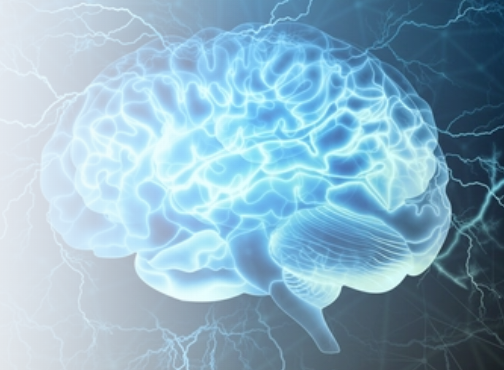
Every 20 seconds, a wave of fresh cerebrospinal fluid reaches the sleeping brain. These slow, rhythmic bursts, described for the first time, may help explain why sleep is so important to brain health. Animal studies have shown that the fluid, called CSF, can clean harmful proteins, including those implicated in Alzheimer’s disease, out of the brain. The new results lend weight to the idea that a similar pressure clearance occurs in sleeping people.
The researchers studied 13 healthy young people in an MRI scanner as they fell into non-REM sleep, the type of sleep that takes up most of the night. At the same time, the scientists monitored different types of activity in the participants’ heads, the electrodes measured the activity of large collections of nerve cells, and the fMRI measured the presence of oxygenated blood that powers those nerve cells. Using a form of rapid fMRI, the team also measured another type of activity: movements of CSF (cerebrospinal fluid) in the brain.
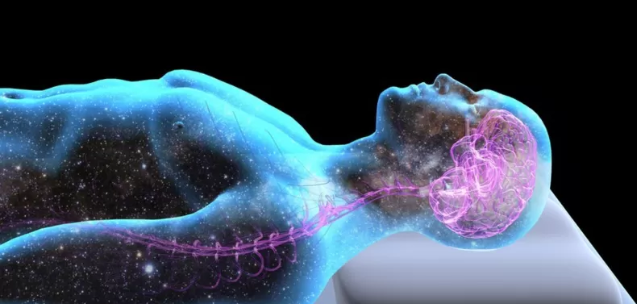
Rapid fMRI revealed waves of fresh CSF rhythmically flowing into sleeping brains, a pattern that was obvious and large. Awake people have small, smooth CSF waves that are largely related to breathing patterns; in contrast, the dream waves were tsunamis. Those CSF waves were linked to other types of waves in the brain, the researchers found; First, a slow wave of electrical activity from nerve cells, the kind that indicates non-REM sleep, travels through the brain. The brain’s blood oxygen levels then drop, representing an outflow of blood and finally, possibly to take the place of the outflowing blood, the wave of CSF reaches the brain.
Detecting these powerful CSF waves in the sleeping brain raises the possibility that they may remove harmful waste products from the brain. Scientists have discovered that cerebrospinal fluid entering the brains of mice can carry beta-amyloid, a sticky protein that accumulates in Alzheimer’s disease. When mice are asleep, more cerebrospinal fluid enters their brains and is removed more beta-amyloid, their studies suggest.
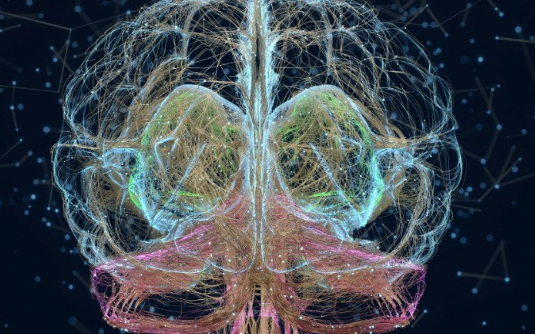
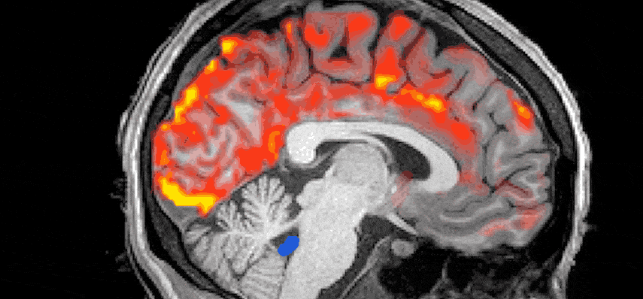
Studying strong CSF waves in people with Alzheimer’s disease could reveal new aspects of the disorder. Slow waves of nerve cell electrical activity during sleep are known to decrease with age, and the decrease is particularly severe in people with Alzheimer’s disease, that decrease could mean that CSF waves also decrease in these people, an absence that could leave more toxic proteins.



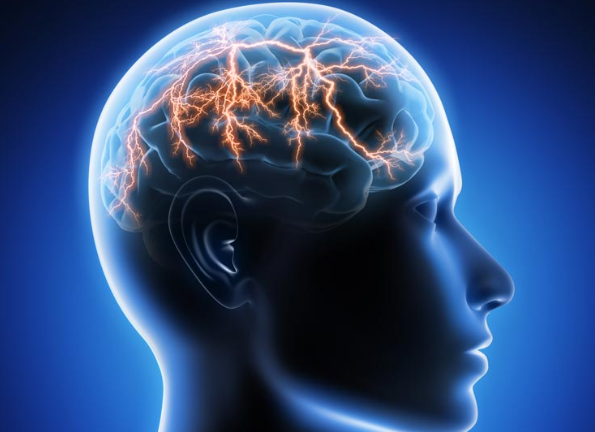

Responses